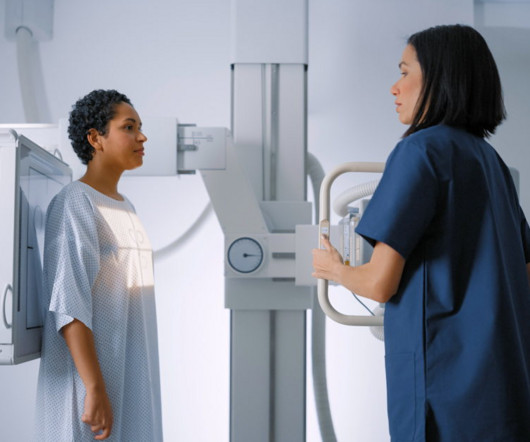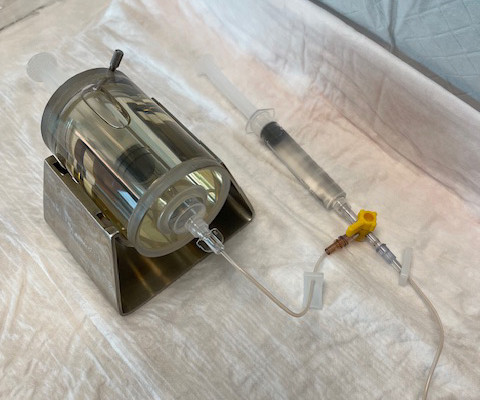Dr. Neha Vapiwala Voted President-elect of the American Society for Radiation Oncology (ASTRO)
Imaging Technology
JULY 18, 2024
During her four-year term on the Presidential track, Dr. Vapiwala will represent the society’s 10,000 members, who include physicians, physicists, biologists, dosimetrists, radiation therapists, nurses and other professionals involved in radiation oncology care.












Let's personalize your content